
Because Web3 applications are decentralized and often owned by their users, who retain full control of the information they share, they could be fertile ground for the next super apps.
Some of the biggest players in Web2 are striving to create so-called “super apps,” eying the incredible potential growth that tapping into every kind of internet service would enable.
The concept of a super app is that a single company or provider offers access to every kind of service imaginable: payments, messages, gaming, shopping, savings, transportation, eating and more, all bundled into a single application. With such a comprehensive offering, super apps can grow to serve millions, perhaps even billions of users, serving as a veritable gold mine for the one who creates it. That’s because they can generate revenue in numerous ways, for example, through advertising, transaction fees and selling users’ data to third parties.
Leading by example is China, home to the original super apps WeChat and AliPay. In the case of the former, it grew from a simple but incredibly popular messaging app to a platform for people to run their entire digital lives. With the advent of “mini-apps,” apps within an app, WeChat has expanded to offer almost every service imaginable, from hailing a taxi to paying bills, food deliveries, finding a date, getting a divorce, shopping and more.
Super apps have become the norm in China, growing popular for convenience and simplicity. It provides a more seamless and intuitive experience, enticing users with rewards and discounts that can be used across its entire ecosystem of services.
The concept of super apps has spread, with rival platforms emerging in many other Asian countries. In Indonesia, Go-Jek has emerged as that country’s go-to app for utility payments, moving and shipping services, pharmacy deliveries, fast food and more.
We have yet to see a dominant platform emerge in Western countries. While Google offers many different services, it does so through an ecosystem of standalone apps and faces intense competition in almost every area. For example, Google Maps is rivaled by Apple Maps, while Gmail has to fend off a strong challenge from Microsoft’s Outlook. Perhaps the biggest super app contender in the West is Facebook, which offers messaging and shopping experiences through its app but is hardly comprehensive.
There are many theories as to why the idea of super apps hasn’t taken off so much in the West, with one of the most likely being that people fear giving too much personal information to a single company. Users rightly concern over “big tech” firms collecting, storing and monetizing their data.
Join the community where you can transform the future. Cointelegraph Innovation Circle brings blockchain technology leaders together to connect, collaborate and publish. Apply today
Web3 super apps rising
Such concerns are not as relevant in the emerging world of Web3, however, as decentralization is the name of the game for the next generation of our internet. Because Web3 applications are decentralized and often owned by their users, who retain full control of the information they share, they could be fertile ground for the next super apps.
Already, several interesting platforms are vying for the title of Web3 super app. In the metaverse, look no further than Upland,one of the fastest-growing virtual worlds over the last year. Upland is unique among metaverses because it’s a digital replica of the natural world, with each location mapped to its physical counterpart here on Earth.
With 3,000,000 users and counting, Upland can be considered a metaverse super app because it’s not only very accessible (it’s available on Android, iOS and VR headsets) but also because it offers numerous services. It’s where people can escape reality, go shopping, socialize with friends, play games, invest, run a business and more. Upland has also built a flourishing crypto-based economy, enabling users to make quick, easy and secure payments.
Upland users are free to start their businesses on the platform. Because it’s decentralized, they’re free to pursue any idea they might have: selling digital arts, different types of content, monetizing games, etc.
Elsewhere in Web3, we have the budding financial super app Omni, which bills itself as a full-service, self-custody Web3 wallet that enables users to manage their digital assets in one place, with support for staking and other DeFi services. It’s available on Android and iOS, and its easy-to-understand user interface makes managing their crypto portfolios simple.
One of the main advantages of Omni is it makes staking simple and accessible, providing crypto users with a low-risk way to invest their tokens and earn a passive income. Moreover, it provides vital protection for users, who remain in complete control of their assets. That has become more important recently with a wave of centralized platforms facing insolvencies, like FTX, Celsius and Voyager.
Omni also solves the problem of account management. It supports 27 blockchains, including big ones like Bitcoin, Ethereum, Binance, Avalanche, Solana, Fantom, Polkadot and Polygon. Users can keep all cryptocurrencies and NFTs in a single, secure and extremely convenient wallet. This type of accessibility is incredibly important.
The EMG Super App is another contender looking to seize Web3’s crown as the most dominant application. It offers a single hub for numerous financial and communication services, with social media, shopping and payments wrapped into a streamlined experience.
EMG is a one-stop shop for instant messages, video calls, e-commerce and peer-to-peer transactions. It also targets business users, offering a comprehensive customer relationship management platform. Everything revolves around a decentralized and secure environment that provides security for users’ digital assets, including NFTs. It also provides fiat onramps, supporting traditional e-wallets and credit cards.
Win-win for Web3 users
Web3 is emerging as the battlefield for a new breed of super apps because its decentralized nature means users don’t have to worry about becoming trapped in a walled garden and having their data exploited by advertising platforms.
As more people begin to embrace cryptocurrencies and decentralized technologies, it’s only natural that the most dominant Web3 platforms would want to expand their services. For users, it’s a win-win, as they get access to the same level of convenience afforded by legacy super apps without sacrificing their freedom.
Tomer Warschauer Nuni is CMO @Kryptomon, a serial entrepreneur and investor focused on the innovative blockchain and NFT gaming industry.
This article was published through Cointelegraph Innovation Circle, a vetted organization of senior executives and experts in the blockchain technology industry who are building the future through the power of connections, collaboration and thought leadership. Opinions expressed do not necessarily reflect those of Cointelegraph.
Learn more about Cointelegraph Innovation Circle and see if you qualify to join

You can get bonuses upto $100 FREE BONUS when you:
💰 Install these recommended apps:
💲 SocialGood - 100% Crypto Back on Everyday Shopping
💲 xPortal - The DeFi For The Next Billion
💲 CryptoTab Browser - Lightweight, fast, and ready to mine!
💰 Register on these recommended exchanges:
🟡 Binance🟡 Bitfinex🟡 Bitmart🟡 Bittrex🟡 Bitget
🟡 CoinEx🟡 Crypto.com🟡 Gate.io🟡 Huobi🟡 Kucoin.

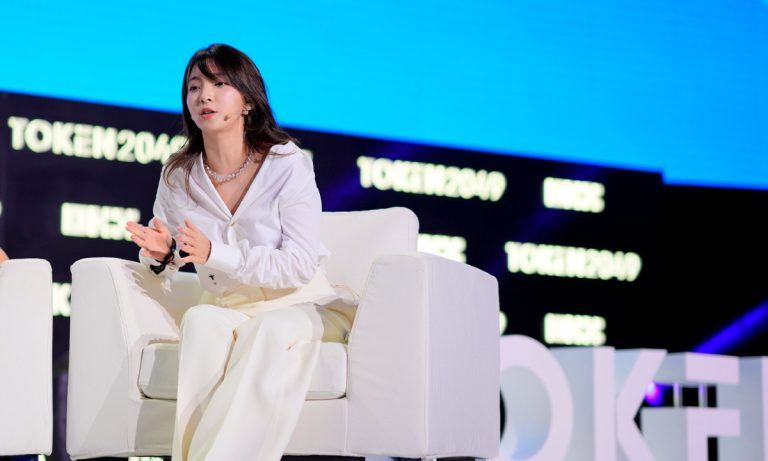

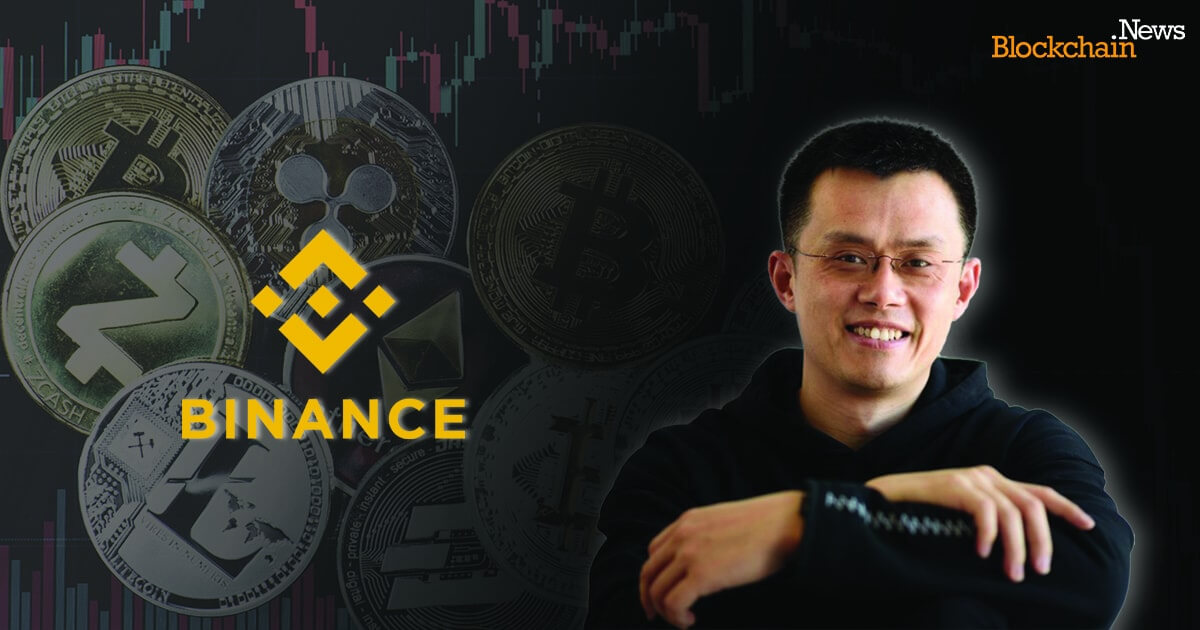


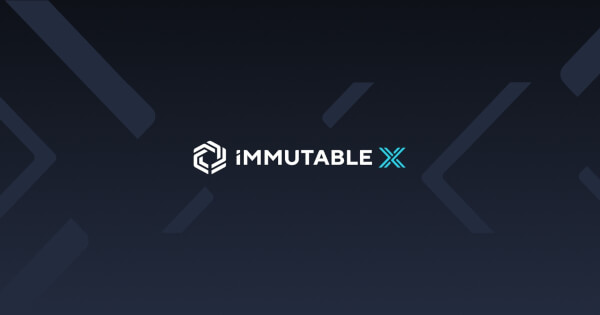



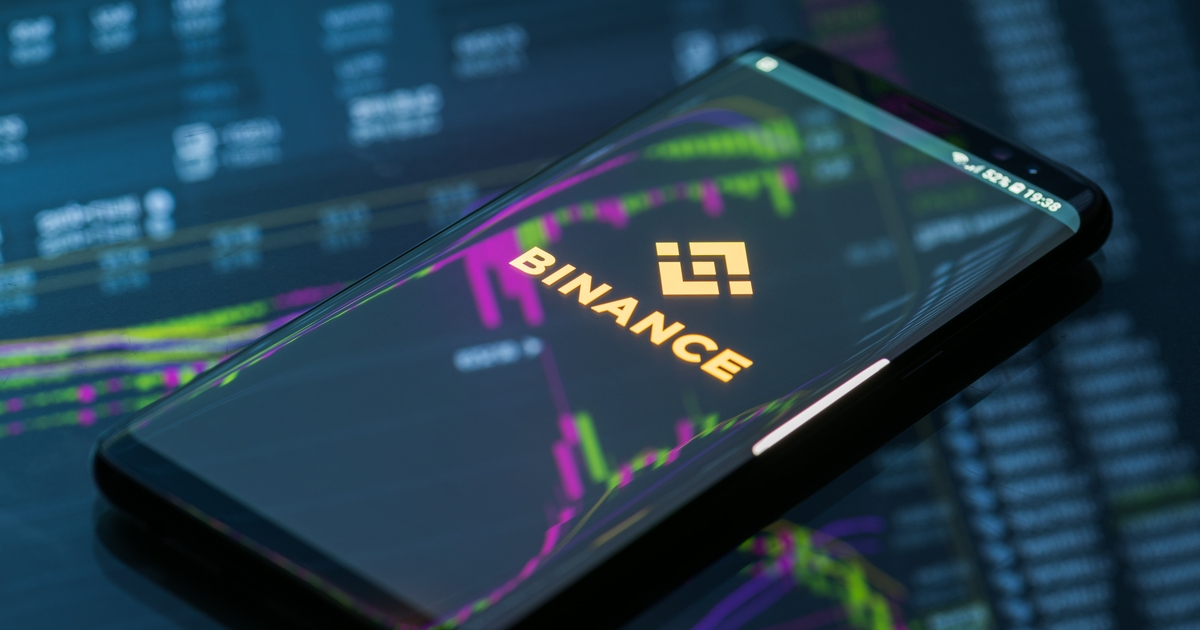

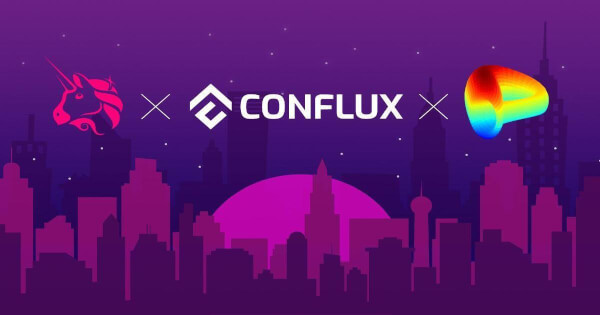


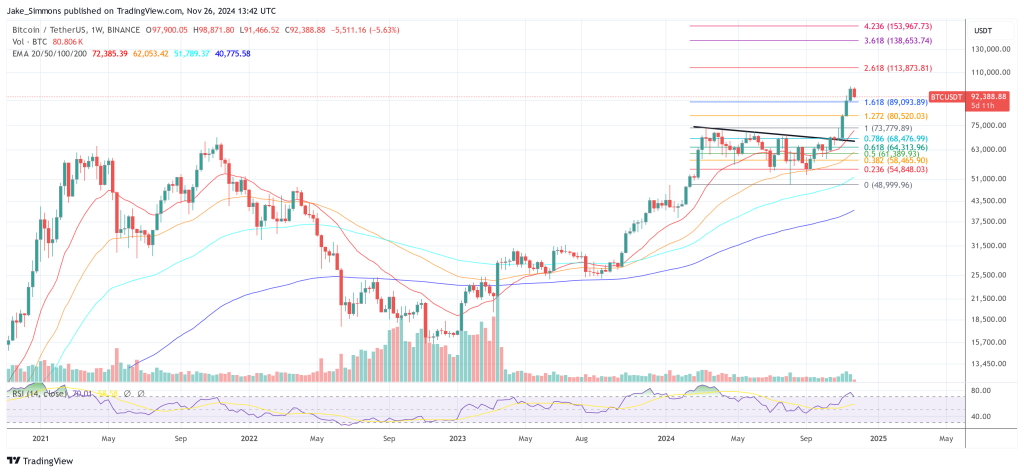

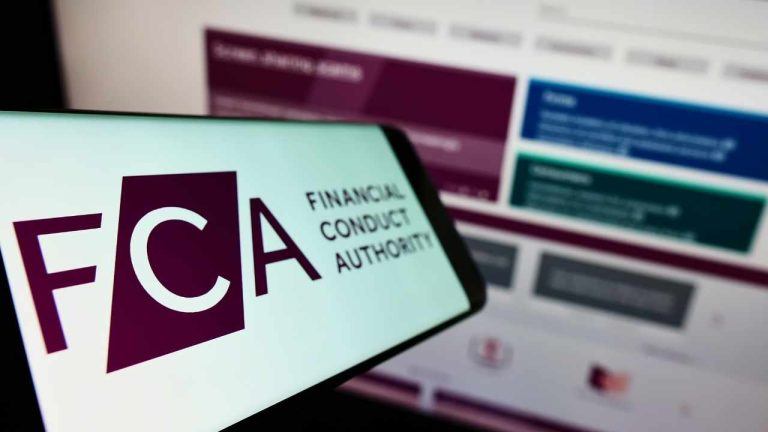

Comments